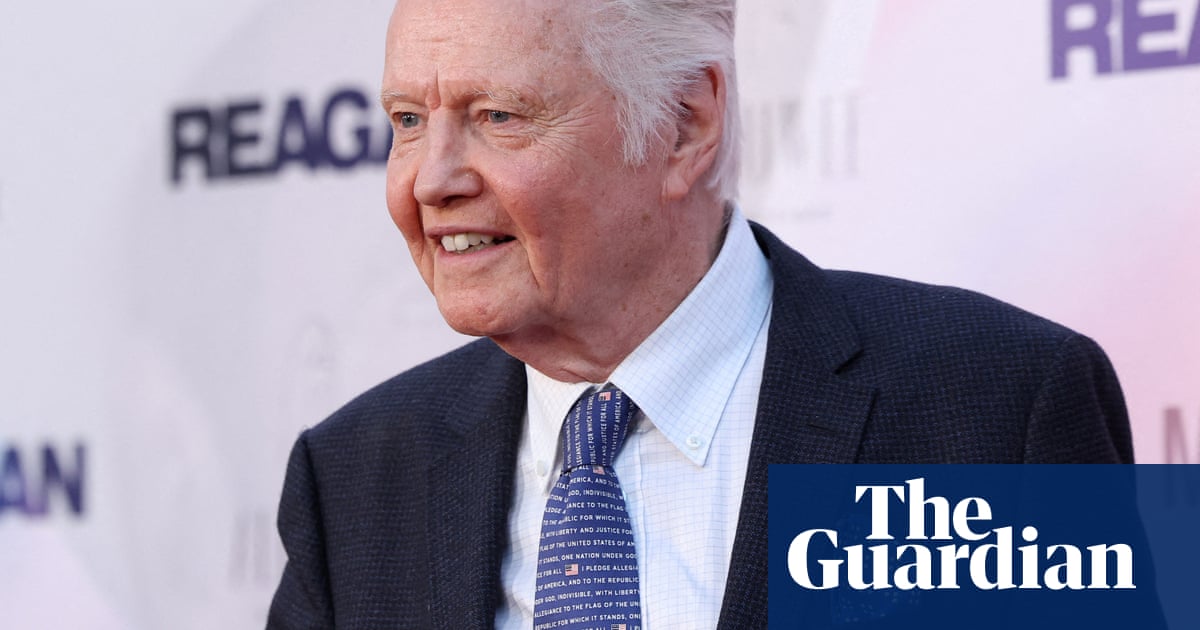The article presents a significant interaction between Hollywood figures and the Trump administration regarding tax incentives for the film industry. This collaboration highlights the strategic efforts of key industry players to secure favorable economic conditions while navigating complex political landscapes.
Purpose of the Article
The communication from Hollywood ambassadors, including high-profile actors, serves to reinforce the relationship between the entertainment industry and the Trump administration. By focusing on tax incentives and domestic production, the letter seeks to portray a united front that emphasizes job creation and competitiveness. The absence of mention of Trump's foreign film tariff proposal suggests a desire to avoid controversy while advocating for favorable policies.
Public Perception
Through this letter, the article aims to create a positive narrative around Trump's support for American jobs and the film industry. The emphasis on gratitude and partnership could be designed to soften the perception of his more controversial policies, such as the proposed tariffs. This framing may foster a sense of optimism and collaboration among industry stakeholders and the public.
Potential Omissions
The article notably omits details regarding Trump's foreign tariffs, which have been met with backlash and uncertainty in the entertainment sector. This exclusion may indicate an attempt to downplay dissenting opinions and maintain a focus on the collaborative aspects of the message. By not addressing potential concerns, the article could be seen as selectively presenting information to align with the narrative of support.
Manipulative Elements
The letter's framing could be perceived as manipulative, as it emphasizes cooperation while glossing over contentious issues. The language used—expressing appreciation and shared goals—may serve to pacify critics and distract from the complexities of the administration's policies. The lack of critical engagement with the tariff proposal raises questions about the completeness of the narrative.
Accuracy and Reliability
While the information presented in the article appears factual and is backed by legitimate sources, the selective focus on certain aspects over others raises concerns regarding bias. The portrayal of a strong alliance between Hollywood and the Trump administration could lead to an incomplete understanding of the broader dynamics at play, particularly regarding the industry’s response to tariffs.
Comparative Context
In comparison to other news about Trump's policies, this article aligns with a trend of highlighting support from influential figures in various industries. The connection between Hollywood and politics is not new, but this particular instance underscores the ongoing negotiations between economic interests and governmental policies. It may suggest that the entertainment sector is seeking to mitigate risks associated with potential trade barriers.
Implications for Society and Economy
The outcomes of this letter could influence future tax legislation and the viability of the film industry in the U.S. A favorable response from the Trump administration could lead to increased production and job creation, impacting local economies significantly. Conversely, if tariffs are implemented, it could disrupt international collaborations and lead to job losses.
Target Demographics
This news may resonate more with audiences supportive of Trump, including those in the entertainment sector who may benefit from favorable tax policies. It appeals to individuals who prioritize American jobs and economic growth, while potentially alienating those concerned about the impact of tariffs on creative industries.
Market Impact
The article could affect stock prices related to Hollywood studios and production companies, especially if tax incentives are enacted. Companies involved in film and television production may see a positive market response, while those reliant on international markets could be adversely affected by tariff policies.
Global Power Dynamics
In terms of global power, the emphasis on domestic production and potential tariffs reflects broader trends in nationalism and protectionism observed in various countries. This news connects to ongoing debates about trade, globalization, and the future of industries reliant on international cooperation.
Role of AI
While it’s unclear if AI was used in drafting this article, the structured presentation of information and focus on specific narratives may suggest a level of algorithmic influence in how the content was framed. AI models that analyze sentiment and engagement could shape how such articles are written, emphasizing certain perspectives over others.
The overall reliability of the article is mixed; it presents factual information while selectively omitting potentially contentious elements, which could lead to a skewed understanding of the situation. The framing suggests a strategic alignment with specific political interests, reflecting broader trends in media narratives.
